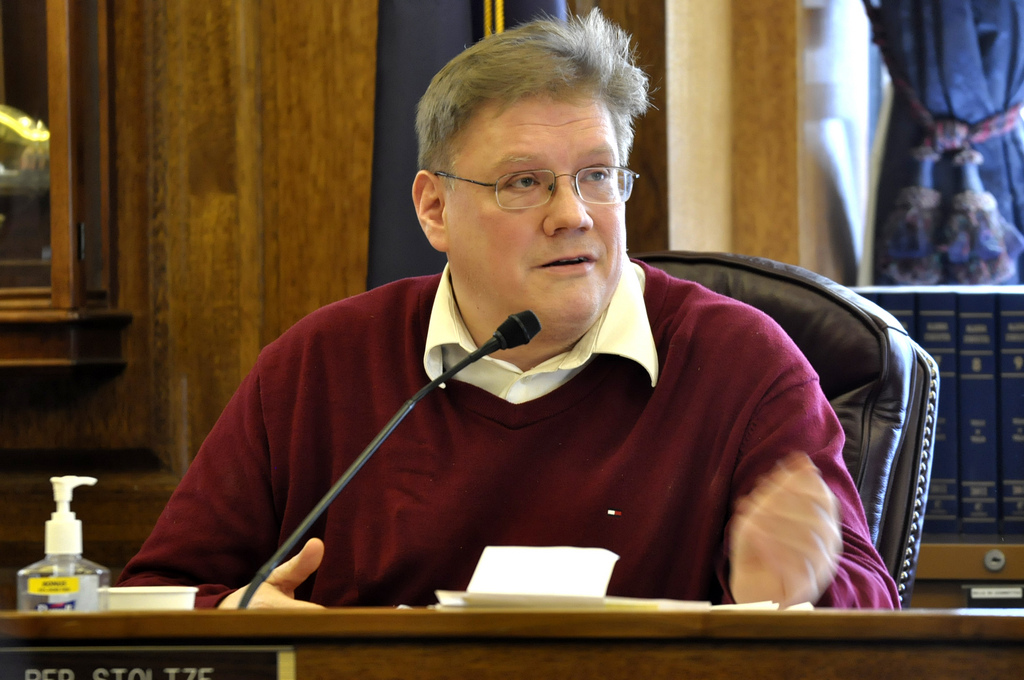
A bill that puts restrictions on Medicaid payments for abortions narrowly passed its final committee of review in the State Legislature. It advanced without any money for family planning services.
After stripping out language establishing a women’s health program on Tuesday, the question of adding that language back in was the first order of business for the House Finance Committee on Thursday. The committee had gotten a chance a chance to debate the idea of boosting funding for things like birth control and STD testing in between, and some members who voted for the version without the women’s health language had warmed up to the idea.
The amendment didn’t even have a shot. Bill Stoltze, a Chugiak Republican who co-chairs the committee, decided voting on it would be redundant.
“And I’m going to rule this amendment out of order. It is not substantially – it is exactly the same as the motion we voted on on the adoption of the [committee substitute].”
The family planning amendment was something of an olive branch to social moderates struggling with the bill.
Right now, if a women who qualifies for Medicaid gets an abortion, the state is legally obligated to pay for it if the procedure is considered “medically necessary” by a doctor. Senate Bill 49 defines that term by limiting it to only physical conditions – not mental ones. Supporters of the bill say it’s necessary to prevent state funds from going toward elective procedures, while opponents argue that it’s a way of restricting access to abortion by low-income women.
Lindsey Holmes, an Anchorage Republican, expressed disappointment that the committee didn’t get a chance to reconsider the family planning amendment.
“I would put out there a plea to the sponsors and to others of my colleagues that we not let that issue die here, that we continue working together on what I really do think is where everyone comes together, which is how do we make sure we don’t have unwanted or unplanned pregnancies in the first place.”
Holmes ultimately voted against the bill, and she wasn’t the only member of the majority caucus to oppose it.
Alan Austerman, a Kodiak Republican, said the bill was a way of chipping away at abortion rights.
“I think as long we continue to move down the cumulative path of trying to stop pro-choice I think it’s a problem. And I think it creates a problem in the long term.”
Even though some members of the majority caucus broke party lines, the bill still passed out of the finance committee on six-to-five vote.
Mark Neuman, a Republican from Big Lake, said that while he opposes abortion on principle, he sees the bill as a fiscal concern.
“This again to me comes down to the state paying for this,” says Neuman. “I think there may be some lives that either may be saved or not saved. I don’t know if we could ever debate that in this committee.”
In 2013, about 500 abortions performed in Alaska were covered under Medicaid.
The bill is now able to advance to the House floor, the final step before it can go to the governor’s desk.
